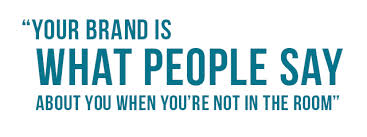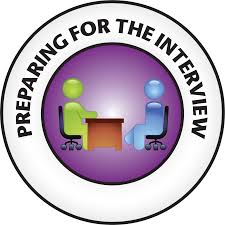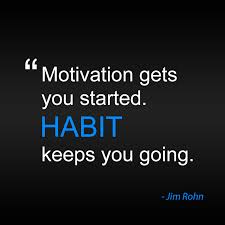 Life is crazy busy. Full schedules, meetings, emails, social and professional association sites to visit and maintain and requests from family members — whew!
Life is crazy busy. Full schedules, meetings, emails, social and professional association sites to visit and maintain and requests from family members — whew!
The thought of one more email, phone message or “to do” item is just too much. Who has the time to stay connected to your network, possible references or past co-workers, right?
The impact of those beliefs may lead to a shrinking network or worse — you will be forgotten. When you need your network most, it may not be there. Relationships and networks require “care and feeding.” If staying connected feels like a chore or a burden, your network will notice and it may negatively impact your relationships.
We all know people in our network that we haven’t spoken to in 20 years, yet the bond is so strong that when you do talk to them its as if you have chatted that morning. Those people are the exception, not the norm. I call them my “Ruby Connections.” Those precious connections that will be there no matter matter what.
The truth is not all relationships are created equal. Most business relationships need regular contact to maintain the connection. If not, when you make a call as I did recently to an electrician, I heard, “You have been purged from our system, you would be considered a new customer and the wait for a service call is four weeks.” I was surprised, but realized I had not cared for this relationship and knew nothing about the changes in the business. Shame on me.
Here is a simple process I use to stay in touch. It is not perfect — obviously, or I wouldn’t be considered a “new” customer in the eyes of my West Texas electrician!
1. When adding someone to your network, also add them to a follow-up group. For me, I assign these groups a letter (A, B, C, etc.) to keep it simple. For example, I belong to an association of women golfers and all my connections from that group go into my “G” group. You got it — “G” for golf.
2. Follow up quickly with new connections. Learn more about your connection, what they do, interests, etc. See how you might assist them now or in the future. Jibberjobber.com is a great tool for managing contacts.
3. Schedule time each week to follow-up with those in your network. I schedule at least 60 minutes per week for connecting with new contacts. One hour allows me time to connect by phone, in person or by Skype. For established connections, I schedule 30 minutes.
4. Follow-up methods vary by person, type of relationship and type of last contact. Mix it up. I might drop a card in the mail for someone’s birthday or if I notice, through LinkedIn, that someone received a promotion. Send Out Cards is one of my favorite tools. I love to send cards, yet I hate going to the store. Send Out Cards is so easy — it is done from my computer and includes a personal note. It is printed, stamped and mailed all in minutes. [In the interest of full disclosure I am a Send Out Card Distributor.]
5. Finally, for people I see (or saw) on a daily basis I schedule time to really connect — an occasional lunch or coffee or maybe leave a note on their desk to say, “Hi, thought of you last night when your ball team won.”
The bottom line? Draw water before you need it. When you stay in touch and show people you care about them, the people in your network will care about you and be there when you need an answer, a referral or an introduction.
We all have time for the things that are important.
Staying connected is easy when you follow the five steps above. Start small — pick one step. If you are over-scheduled, look to next month and add one 30-minuted appointment to your calendar or the next time you jump on LinkedIn share a post you enjoyed with someone in your network.
It is often the simple things you do that brighten someone’s day and show you care. Nurture your relationships and create a “Ruby Connection.”
If you know someone who can benefit from this post, please pass it on.
action tip, build a network, Career Management, Networking
 In work, play and life relationships matter. When assisting your department or team with projects and deliverables both internal and external relationships are critical. The relationships you have with co-workers, bosses and vendors are also vital when organization leaders are discussing personnel moves.
In work, play and life relationships matter. When assisting your department or team with projects and deliverables both internal and external relationships are critical. The relationships you have with co-workers, bosses and vendors are also vital when organization leaders are discussing personnel moves.










